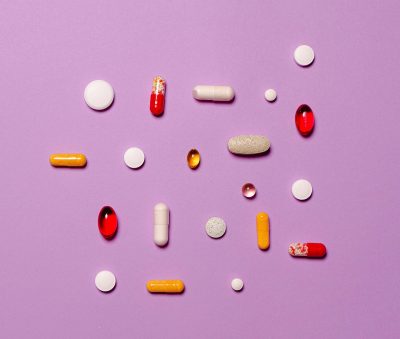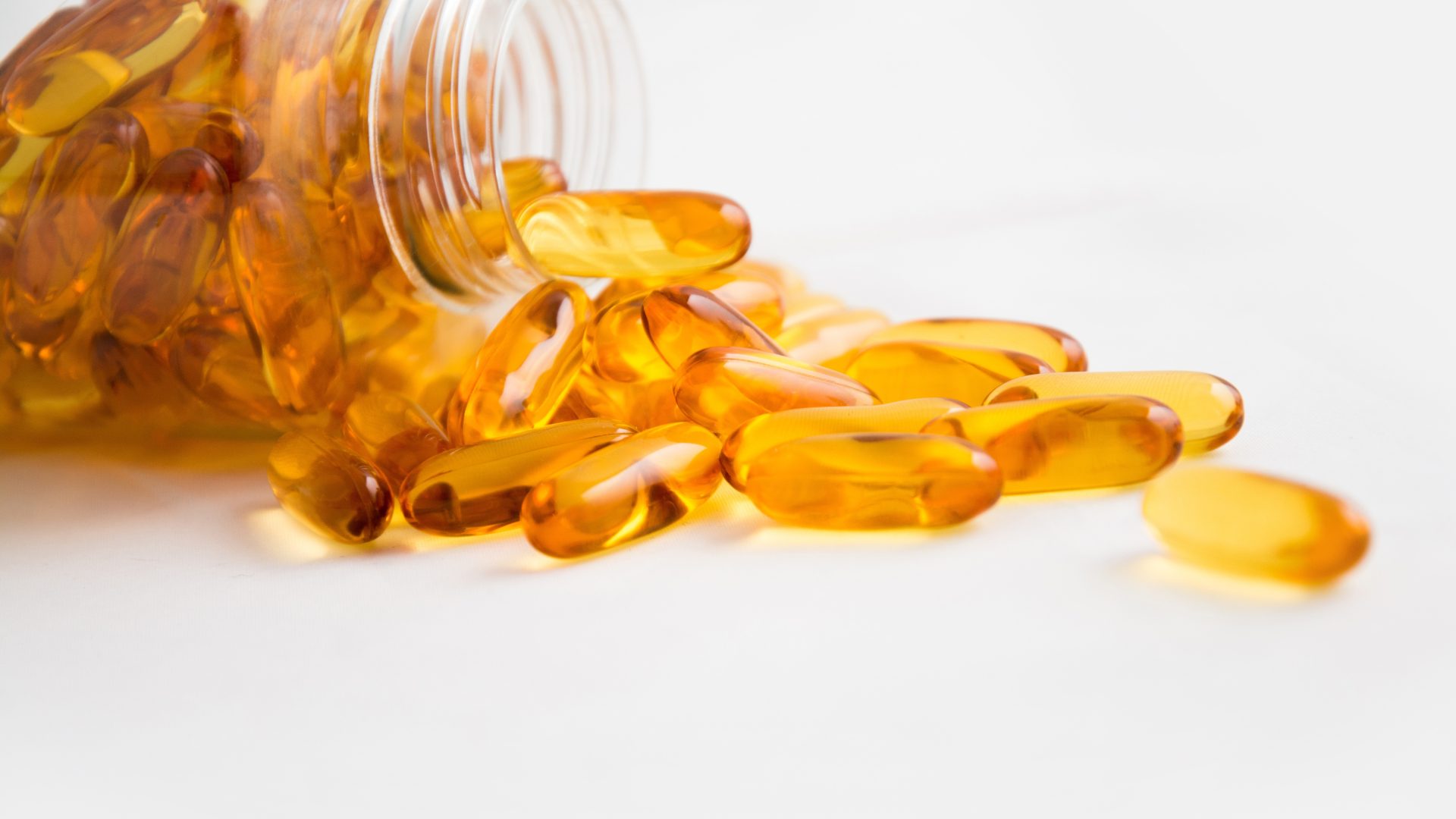Update, 2022
Since writing this article, various trials have shown that vitamin D has little effect in reducing Covid-19 risk or severity.
The impact of vitamin D
The CORONAVIT trial will study more than 5,000 people over six months. They aim to find out whether correcting people’s vitamin D deficiency during winter will reduce the risk and severity of Covid-19 and other respiratory infections.
Until an effective vaccine has been developed for Covid-19, strategies to boost the UK population’s immunity to respiratory infections are urgently needed. There have been recent debates as to whether vitamin D could play a key role in protecting people from Covid-19, but so far definite evidence on this is lacking.
Vitamin D is created from direct sunlight on our skin when we’re outdoors, but in the colder months in the UK, the sunlight is too weak. Dietary sources of vitamin D are limited, so around 2 in 5 of the UK adult population have inadequate levels of vitamin D over winter and spring. The UK government recommends that the general population considers taking vitamin D supplements during winter and spring, which has recently been extended to a recommendation of year-round supplementation due to decreased sun exposure during lockdown.
However, early unpublished data from the Queen Mary team shows that 2 in 3 people are not following this advice, potentially due to a reluctance to buy and take a supplement without a test result that shows they are vitamin D deficient.

Vitamin D pills
"Vitamin D supplements are low in cost, low in risk and widely accessible; if proven effective, they could significantly aid in our global fight against the virus.”Dr. David Jolliffe, Principal Investigator
Significantly helping in the fight against the virus
People will take part in the study from their homes, without any face-to-face visits needed, as all vitamin D tests and supplements will be sent via the post. Any UK resident aged 16 or more can participate if they are not already taking high-dose vitamin D.
The intervention involves doing a postal finger prick vitamin D test, which will be processed in an NHS lab. Participants who are found to have low levels of vitamin D in their blood will be given a six months’ supply of vitamins. The research team will then track the incidence of doctor-diagnosed or laboratory-confirmed acute respiratory infection in the participants, including Covid-19, to see whether vitamin D supplementation has had an effect on their risk and severity of infection.
Principal Investigator of the study, Dr David Jolliffe from Queen Mary University of London is supported through our Early Career Researcher programme, an initiative which helps build the future of medical research to improve healthcare outcomes for people across East London, the nation and globally. He says: “The CORONAVIT trial has the potential to give a definitive answer to the question of whether vitamin D offers protection against COVID-19. Vitamin D supplements are low in cost, low in risk and widely accessible; if proven effective, they could significantly aid in our global fight against the virus.”
Mounting evidence
Professor Adrian Martineau from Queen Mary University of London, the Lead Researcher, adds: “There is mounting evidence that vitamin D might reduce the risk of respiratory infections, with some recent studies suggesting that people with lower vitamin D levels may be more susceptible to coronavirus.
“Many people in the UK have low vitamin D levels, particularly in the winter and spring, when respiratory infections are most common. Vitamin D deficiency is more common in older people, in people who are overweight, and in Black and Asian people – all of the groups who are at increased risk of becoming very ill with COVID-19.
The study was featured in the i newspaper.


